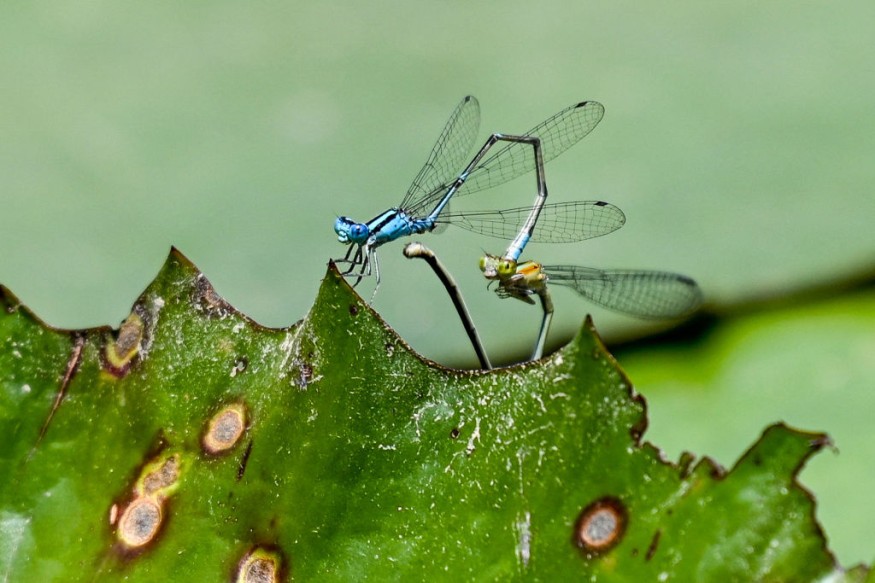Singapore has declared 16 insect species acceptable for ingestion by humans. The Singapore Food Agency (SFA) said the decision was made since insects are a relatively new food item in this area and the bug sector is still in its infancy.

Singapore Certifies 16 Insects
Sixteen bug species at varying growth stages have been certified by Singapore.
Four crickets, two grasshoppers, a locust, and a honeybee are present at the adult stage. There are two species of moths and three different types of mealworms in the larval stage, including a large rhino beetle grub and a white grub. The recommendations state that both silkworm moths and silkworms-different stages of the same species-can be consumed.
A Singaporean restaurant chain named House of Seafood is getting ready to serve 30 insect-based dishes. These delicacies include salted egg crab with superworms, sushi covered with silkworms and crickets, and meatballs called "Minty Meatball Mayhem" that have worms on top.
An earlier research reveals that 2,205 kinds of insects are consumed worldwide and that eating insects is practiced in 128 nations. Asia is home to the majority of these species, with Mexico and Africa coming in second and third.
Hundreds insect species are eaten in Thailand, India, China, and the Democratic Republic of the Congo; 100 or more insect species are eaten in Brazil, Japan, and Cameroon.
Insect oil, uncooked pasta with insects as added flavour, chocolate and other confections with no more than 20% insects, salted, brined, smoked, and dried bee larva, marinated beetle grub, and silkworm pupa are among the insect products that Singaporean authorities have stated are permissible for importation.
According to Skye Blackburn, an Australian entomologist and food scientist who advocates for insect consumption and sells insect-based products, one positive aspect of Singapore's list is the inclusion of species like the European honeybee and the giant rhino beetle grub that aren't yet widely cultivated for human use.
Many inventive insect recipes from around the world, where they are served deep-fried, on sticks, in noodles, in margaritas, in arancini, canned, or confit, will be available for Singaporean cooks to import. Around the world, vending machines, restaurants, markets, and supermarkets sell items made from insects.
The European Union now accepts insects as "novel food sources". Four species had been approved prior to this moment. The current situation is such that three Australian species do not belong to either traditional or new ones; they include two types/types of mealworms and a cricket's variant.
Read Also : Insect Protein in Pet Food: Fad or Solution?
Protein Alternatives
Insects are a neglected source of protein and a weapon against climate change, according to a World Economic Forum research from 2022.
Researchers said that the human consumption of animal protein is the primary cause of greenhouse gas emissions and global warming. Insect consumption can mitigate climate change in a variety of ways.
The Food and Agriculture Organization of the United Nations has encouraged the use of insects as sustainable alternatives to animal protein sources because they generate fewer greenhouse emissions during production than traditional farm animals.
"Crickets need six times less feed than cattle, four times less than sheep, and twice less than pigs and broiler chickens to produce the same amount of protein," according to the FAO.
People who lack access to land or the necessary skills to raise animals can also make money from them because they can be raised in both rural and urban settings in comparatively small spaces.
Related Article : Pet Food to Human Consumption: Insect Farming Launches Ambitious Goal
© 2025 NatureWorldNews.com All rights reserved. Do not reproduce without permission.





